
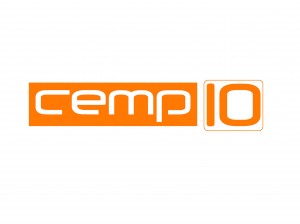
Both CEMP and the Arts and Humanities Research Council (AHRC) are ten years old and to celebrate, we have two events on Thursday 3rd December at BU.
The first is an AHRC Network event, entitled ‘Access to the cultural industries: education and training’. This will be convened by Prof. Kate Oakley (Leeds University) and Dr. Bridget Conor (Kings College, London). The event will also feature Mark Banks (University of Leicester), Tamsyn Dent (Bournemouth University), Jacqueline McManus (University of the Arts, London) and David Buckingham (Loughborough University).
Following on from this is ‘CEMP10’, our celebration of a decade of education research, scholarship and CPD in the Faculty, and will feature some of the people who have been part of the CEMP ‘story’ over that time. CEMP Fellow, Matt Locke (Storythings) will give a keynote address and Pete Fraser’s Legendary Media Quiz will follow on afterwards.
More details and booking guidance follow:
AHRC Network: Improving Cultural Work (ICW) ‘Access to the cultural industries: education and training’ 2-5pm.
The ICW series of seminars have been set up by Professor Kate Oakley (Leeds University) and Dr Bridget Conor (Kings College London) to address a major issue of current public policy concern; namely the exclusions and inequalities manifest in cultural labour markets. Its core aim is to help inform policy in this field and the development of guidelines, advocacy material and expert advice on both the sources of exclusion and inequality, and the ways in which they might be addressed. It brings academics together with public policy makers, trade unions, employers and activists to explore these issues.
This fourth session in the seminar series will take place at Bournemouth University in collaboration with CEMP, the Centre of Excellence in Media Practice. This session will look at routes into employment in the cultural industries whether via higher or further education, training or apprenticeship. In keeping with the seminar series overall, the focus is on inequality and we will thus consider the role of education and training in both perpetuating and combatting inequality and exclusion in these industries.
14:00 – 14:15 Richard Berger: Welcome & Introduction
14:15 – 14:30 Kate Oakley and Bridget Conor: Introduction to the Seminar Series.
14.30 – 15.00 Mark Banks (University of Leicester) “How can we disrupt the selection of talent?”
15:00 – 15:30 Tamsyn Dent (Bournemouth University) “The Gendered Nature of Student Debt: A question of ethics and injustice on the student loan repayment system and career pathways for female ‘creative workers in-the-making.”
15:30– 16:00 Jacqueline McManus
16:00 – 16.30 David Buckingham (University of Loughborough) “Access and Aspiration: and Obstacles for Disadvantaged Youth Seeking Training in the Creative Industries
16.30 Close.
17.00 CEMP 10 event (all AHRC seminar participants welcome)
To reserve a place at this AHRC seminar, please email Bridget Conor: bridget.conor@kcl.ac.ukT
********************************************************************************************************************
CEMP 10
CEMP will celebrate this tenth birthday on the evening of the 3rd December 2015, at Bournemouth University’s Talbot Campus.
The event will be chaired by Mark Readman and Laura Hampshaw. Running order:
17:00 Julian McDougall: Welcome & Introduction
17:15 – 18:15 8 x 5-minute presentations from CEMP friends and associates
18:15 – 18:30 Stephen Jukes: Wrap-up / introducing CEMP Fellow Matt Locke
18:30 – 19:00 Matt Locke
19:00 – 19:30 Food & wine served
19:30 – 20:30 Pete Fraser’s Legendary Media Quiz
20.30 Close
To reserve a place at CEMP10, please email info@cemp.ac.uk and include any dietary requirements.

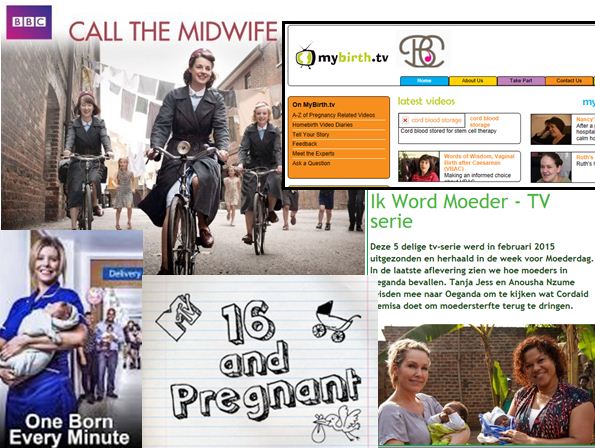
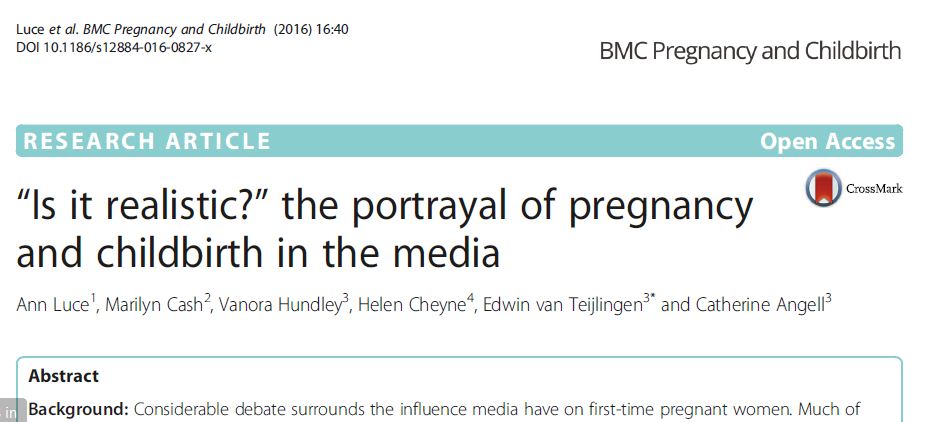
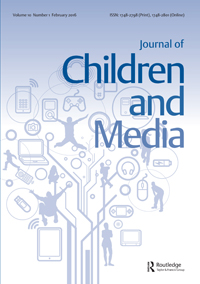
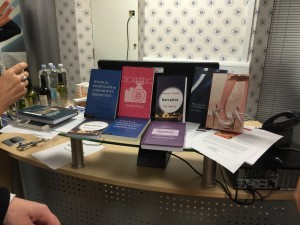
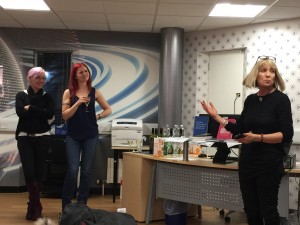
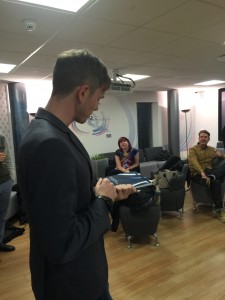
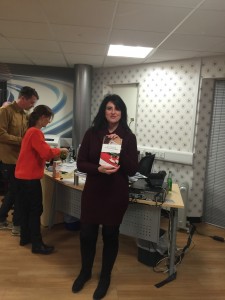
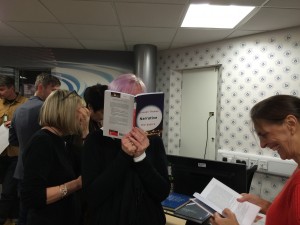
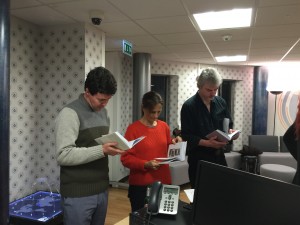

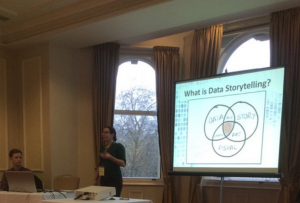
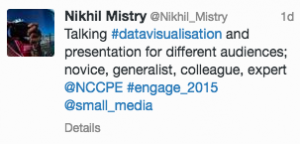
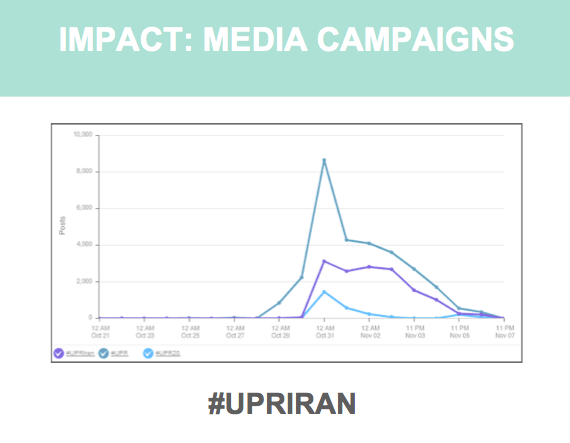
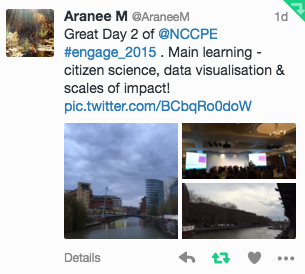

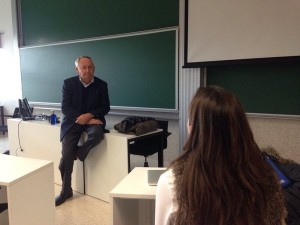


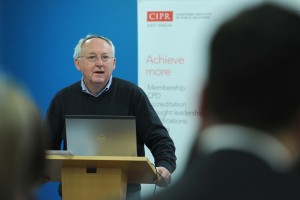
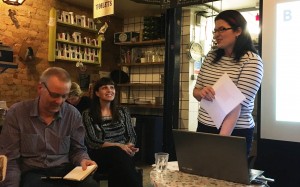


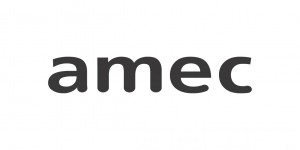
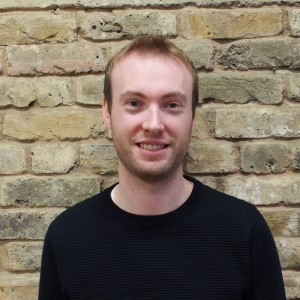











 Writing policy briefs
Writing policy briefs Upholding Excellence: The Concordat to Support Research Integrity
Upholding Excellence: The Concordat to Support Research Integrity Today’s Documentation Will Serve Tomorrow’s Justice
Today’s Documentation Will Serve Tomorrow’s Justice Up2U: New BU academic publication
Up2U: New BU academic publication New BU midwifery paper
New BU midwifery paper ECR Funding Open Call: Research Culture & Community Grant – Application Deadline Friday 12 December
ECR Funding Open Call: Research Culture & Community Grant – Application Deadline Friday 12 December MSCA Postdoctoral Fellowships 2025 Call
MSCA Postdoctoral Fellowships 2025 Call ERC Advanced Grant 2025 Webinar
ERC Advanced Grant 2025 Webinar Horizon Europe Work Programme 2025 Published
Horizon Europe Work Programme 2025 Published Horizon Europe 2025 Work Programme pre-Published
Horizon Europe 2025 Work Programme pre-Published Update on UKRO services
Update on UKRO services European research project exploring use of ‘virtual twins’ to better manage metabolic associated fatty liver disease
European research project exploring use of ‘virtual twins’ to better manage metabolic associated fatty liver disease